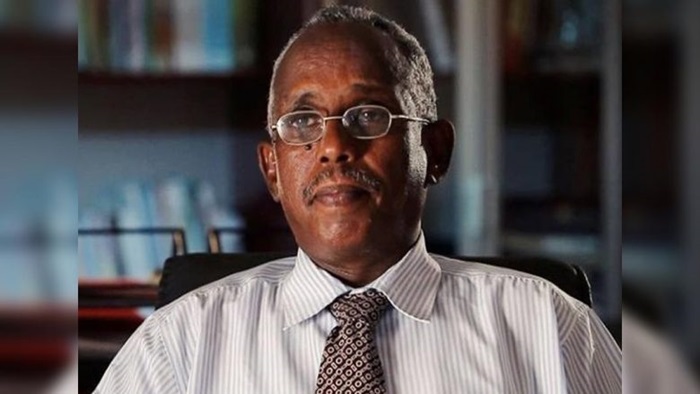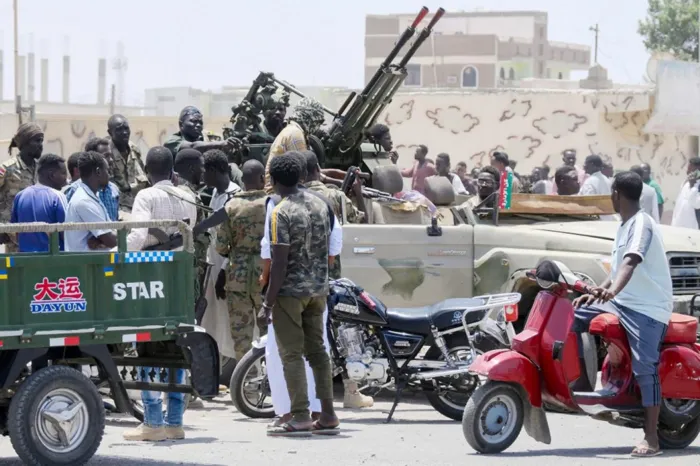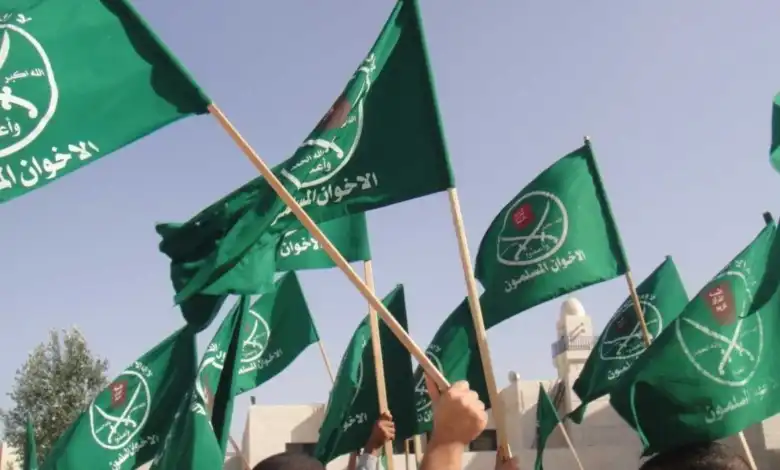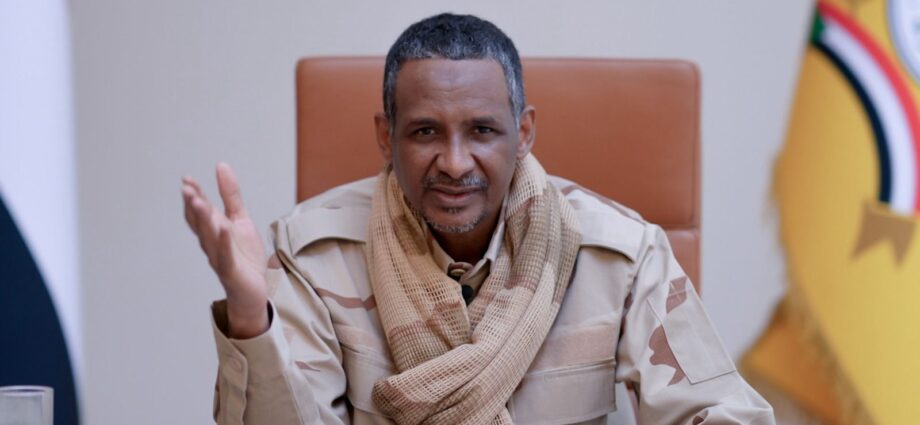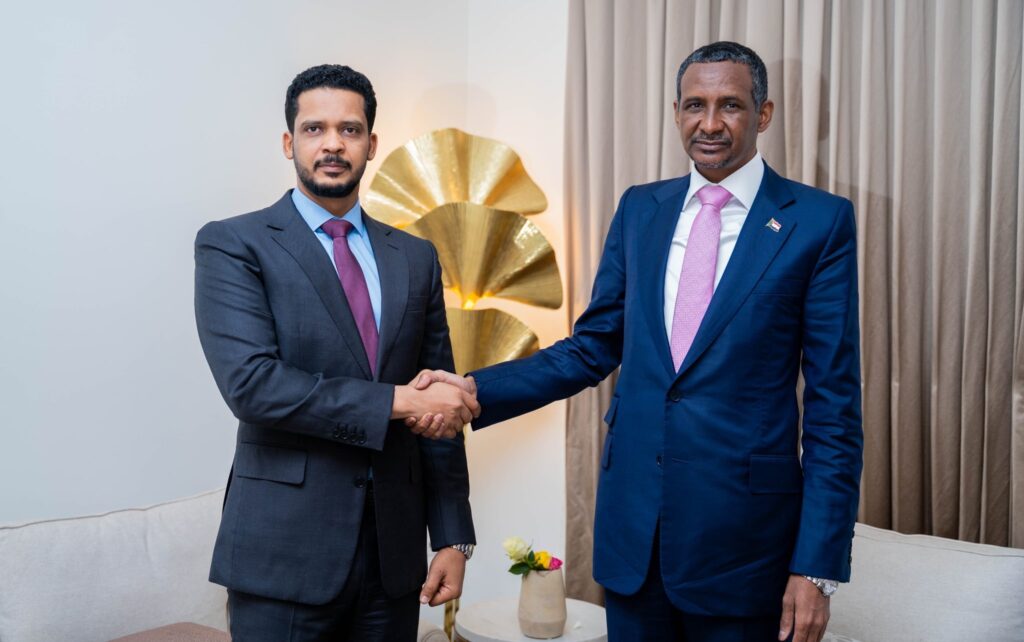
Civilian forces in Sudan are moving to establish a government in areas controlled by the Rapid Support Forces (RSF), rejecting the army-led administration announced by Gen. Abdel Fattah al-Burhan in Port Sudan.
Osman Abdulrahman Suleiman, spokesperson for the United Civil Forces Alliance (Qimam), confirmed that a political charter would be signed on February 17 in Kenya, paving the way for a civilian-led government in RSF-held areas.
The proposed coalition includes various political and civil groups, such as Qimam, the Coordination of Democratic Civil Forces (Taqaddum), the Unified Federal Party, and factions of the Umma and Federal Origin parties, along with revolutionary front groups. Suleiman stated that technical committees had finalized a draft constitution, a political charter, and an alternative government program.
The proposed government’s main objectives include protecting civilians, providing essential services such as healthcare and education, issuing official documents, and delivering humanitarian aid. Suleiman emphasized that this initiative does not recognize the military-backed government in Port Sudan.
General al-Burhan’s army (SAF) has recently expanded operations, gaining ground in central Sudan, including parts of Gezira and Bahri. The RSF, however, has vowed to shift the balance of power.
Burhan, in a speech from Port Sudan, declared plans for a new transitional government, which he described as either a “caretaker administration” or a “war-time government” composed of independent technocrats. He insisted that the military would oversee national security while allowing the civilian administration to prepare for elections.
RSF political adviser Mohamed Tabeq dismissed Burhan’s announcement as a ploy to mislead the international community, likening it to past power maneuvers by Sudanese military rulers.
RSF is also working to expand its political coalition, with Ibrahim Al-Mirghani’s Democratic Unionist Party the latest civilian bloc to join.
Since April 2023, Sudan has been gripped by a devastating war between Burhan’s army and RSF leader Mohamed Hamdan Dagalo. The conflict has killed tens of thousands, displaced over 12 million people, and created what aid organizations describe as one of the world’s worst humanitarian crises.
Despite international warnings, clashes continue in key areas such as El Fasher, North Darfur, a vital hub for humanitarian operations in the war-torn region.
However, with both military and civilian factions pushing competing political visions, Sudan’s future remains uncertain.
إبراهيم الميرغني القيادي بالحزب الاتحادي الديمقراطي الأصل:
— Sudan News (@Sudan_tweet) February 10, 2025
إن الطريقة المسؤولة التي تمت بها فك ارتباط تنسيقية #تقدم ستكون نقطه مضيئة في التاريخ السياسي السوداني.#السودان pic.twitter.com/vpLhvSFp1R

